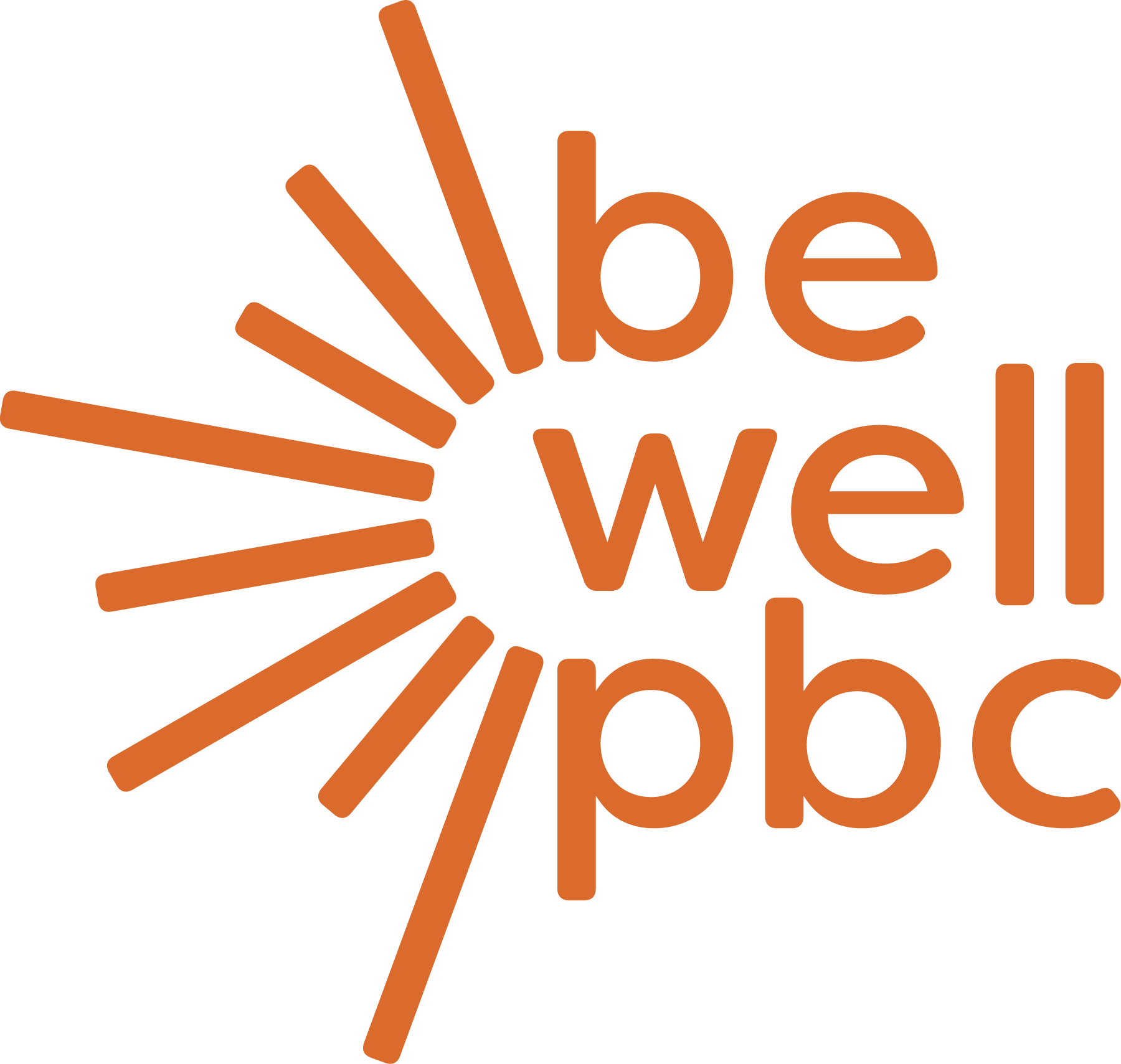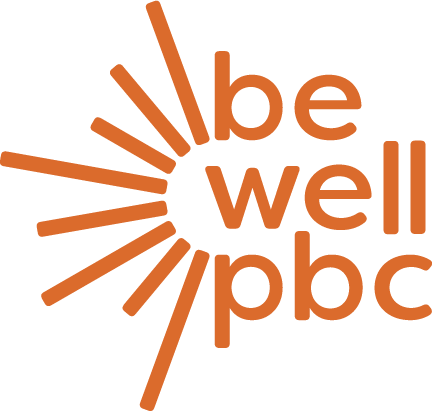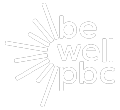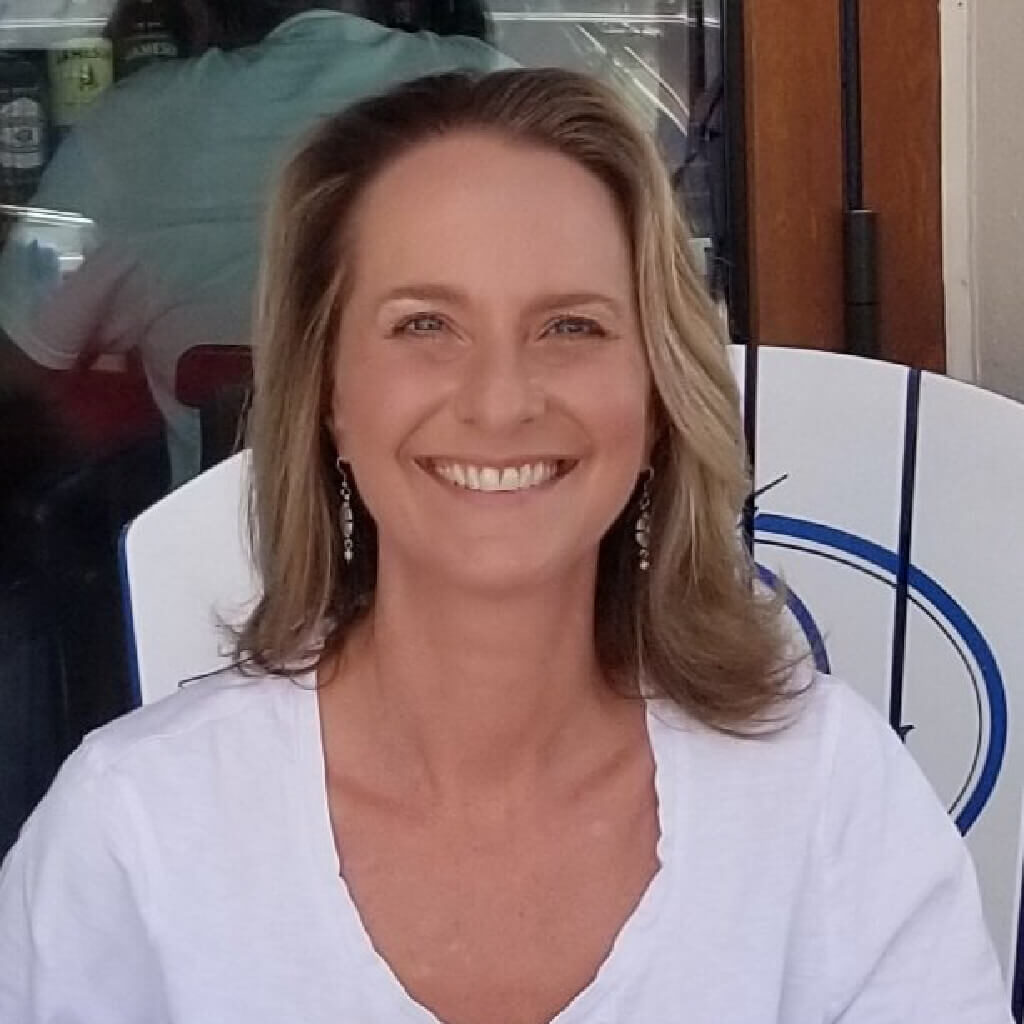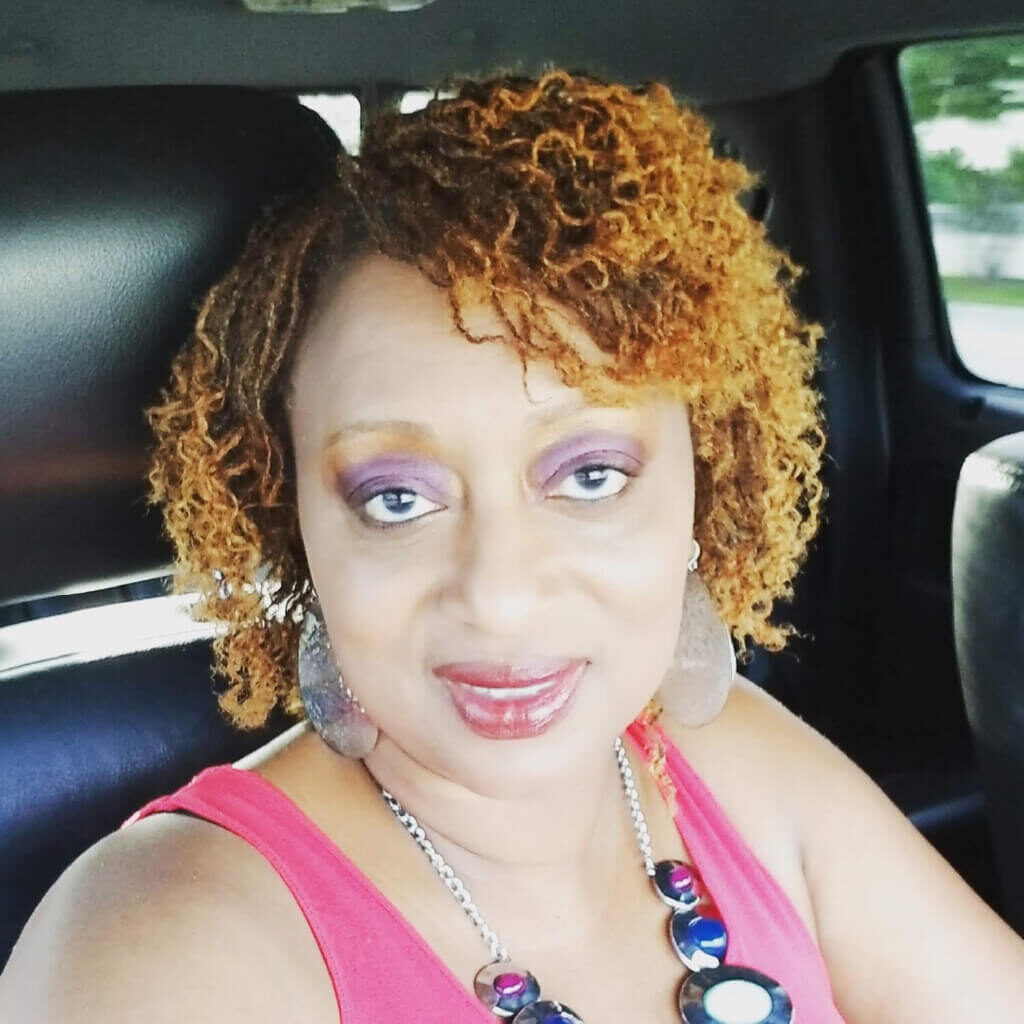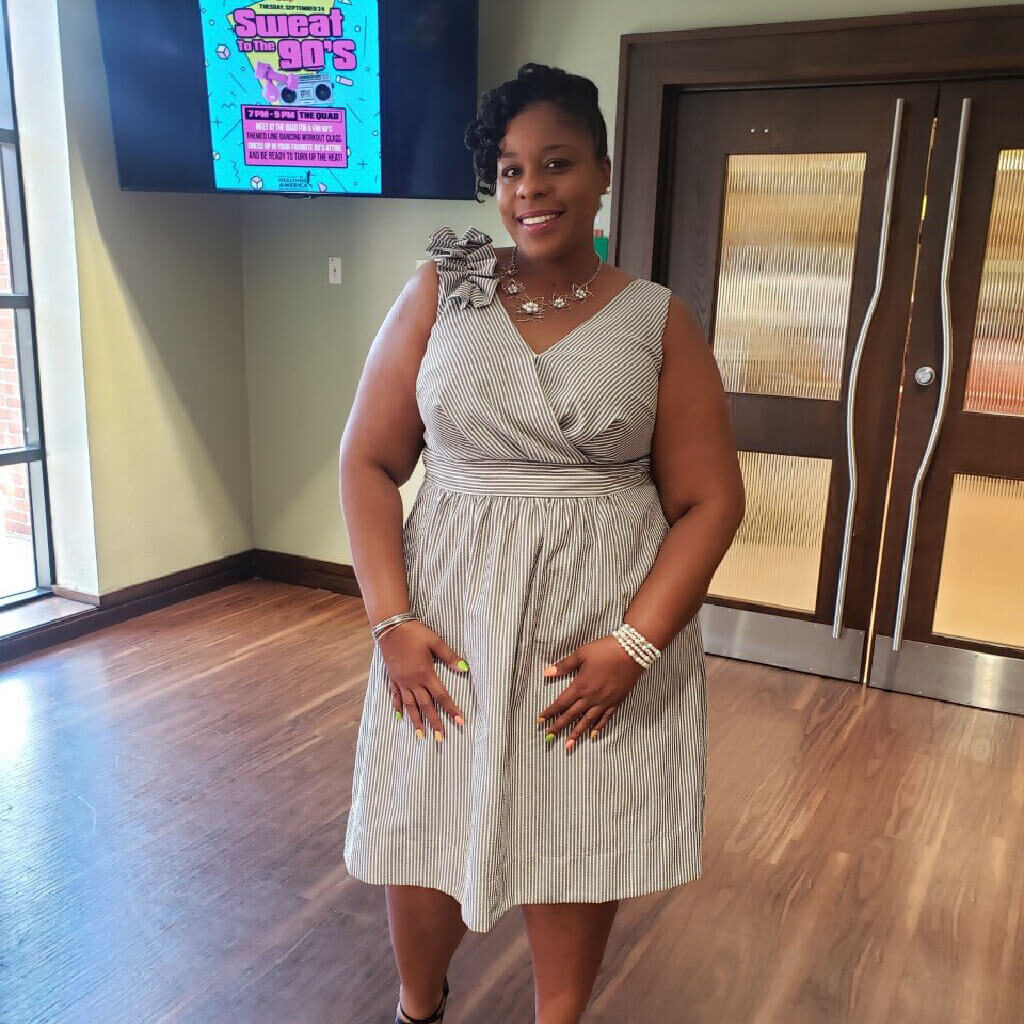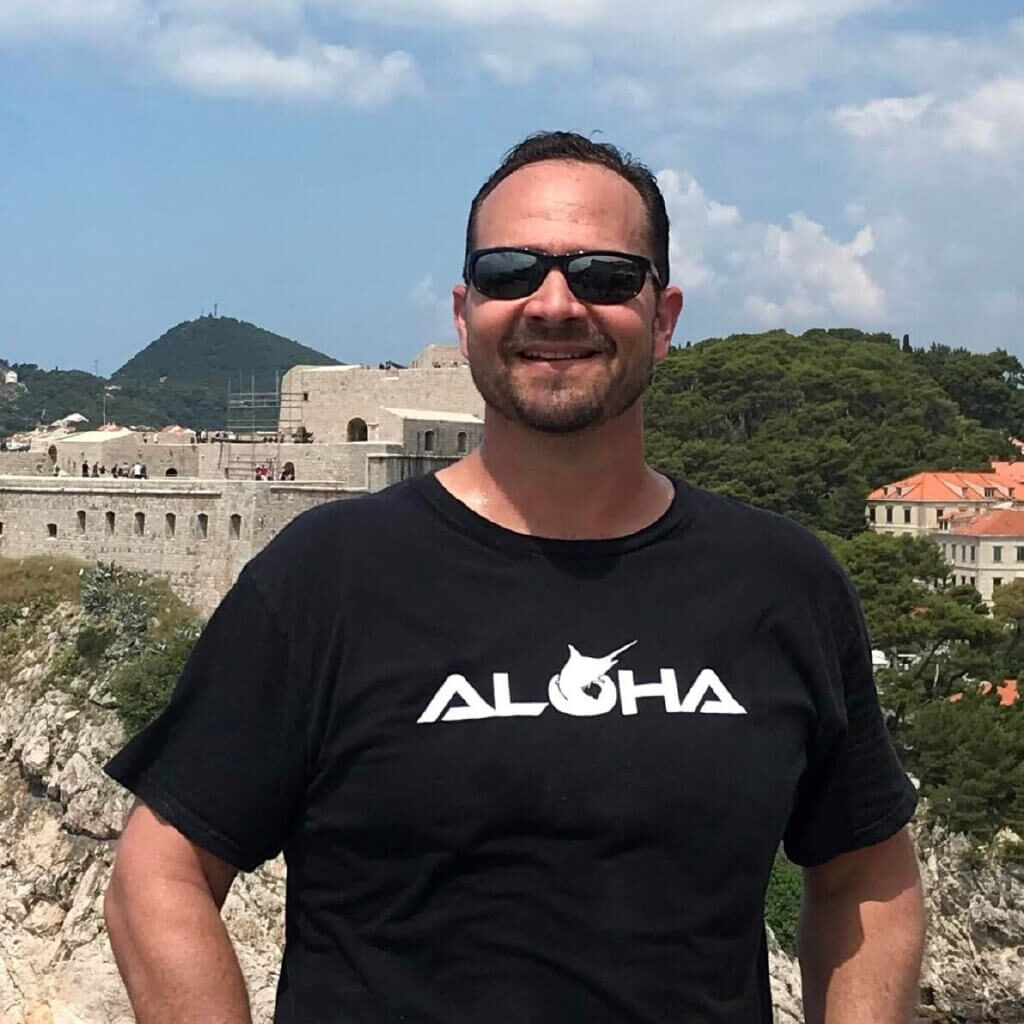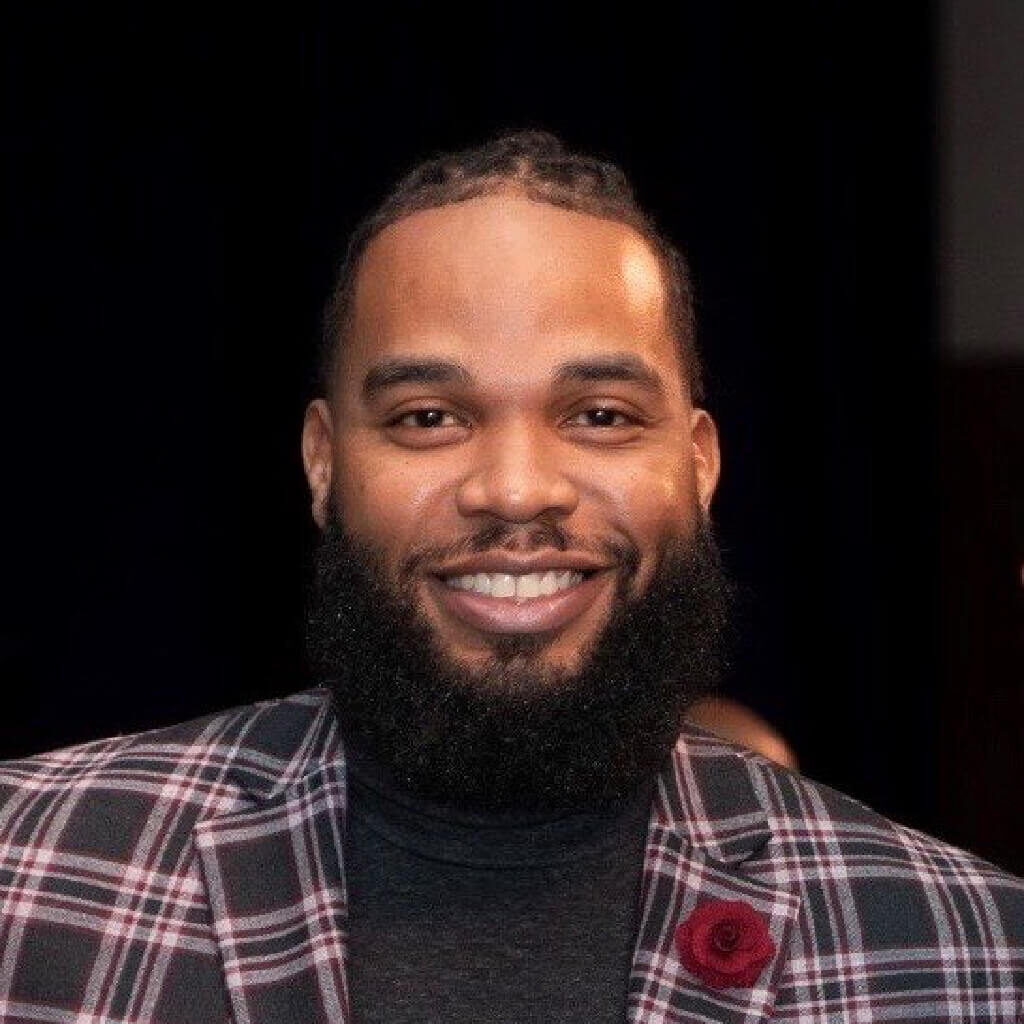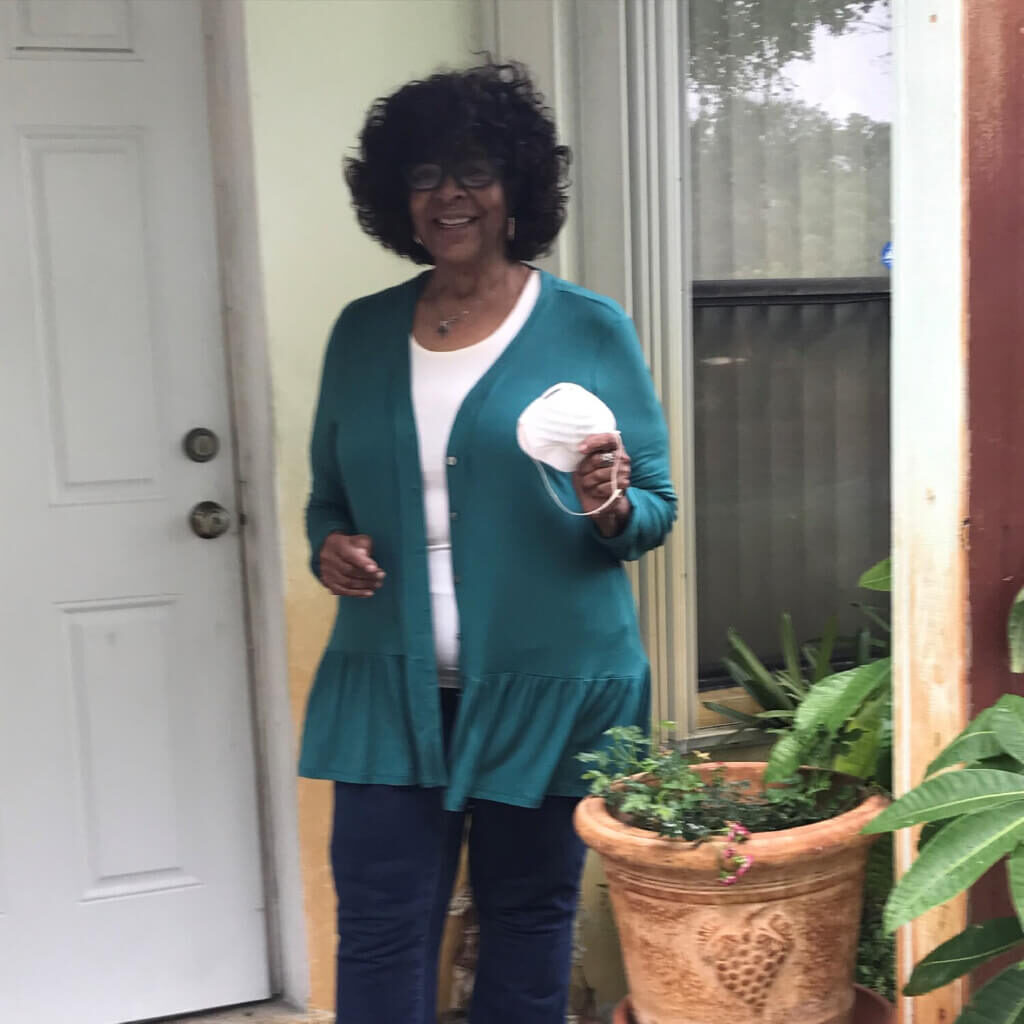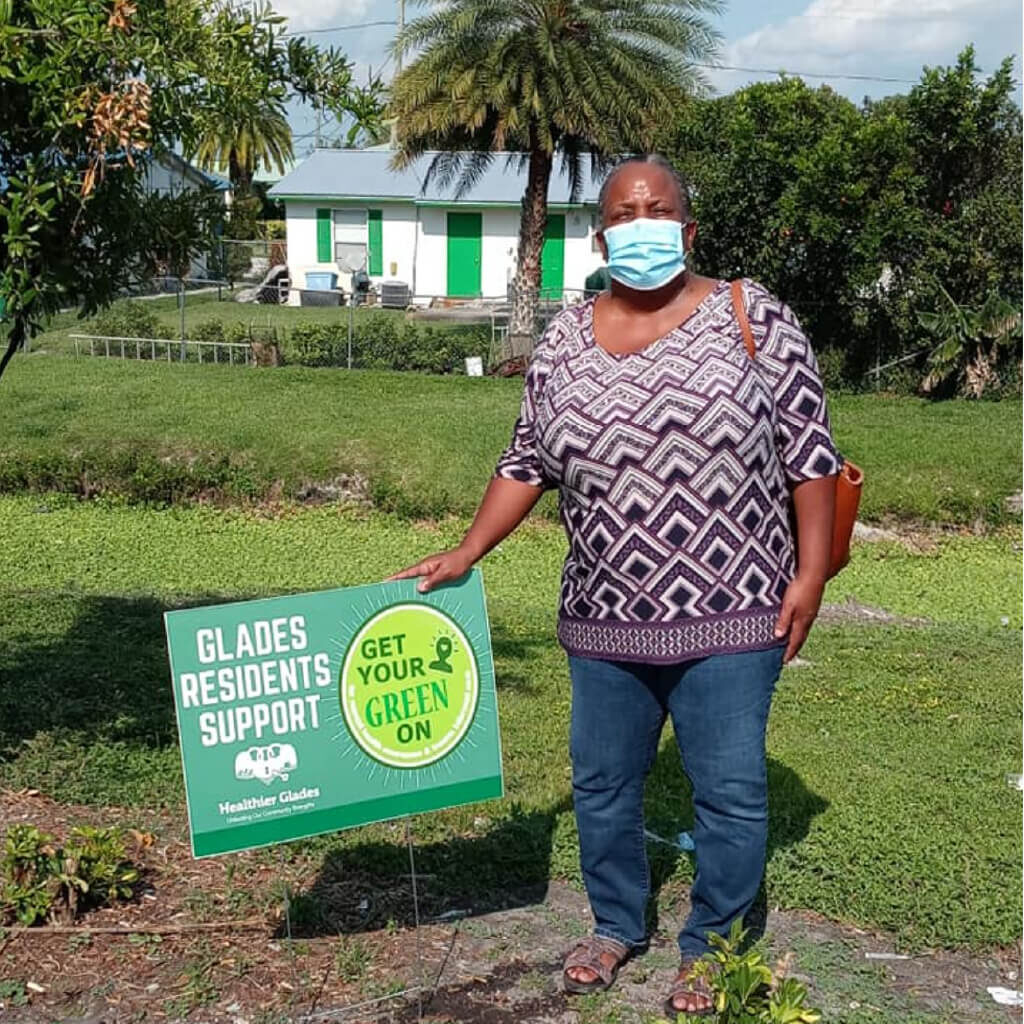Be Transformative with Dr. Christine Koehn
Dr. Chris Koehn, executive director of Achieve Palm Beach County and one of our very first champions, shares her insight on how BeWellPBC began and why our community is poised for transformation in behavioral health.
Q: Why BeWellPBC and why now?
As a former funder, I had the opportunity to see passionate people doing what they could with limited resources to improve access to behavioral health. It was clear that while everyone was trying to make a difference, not everyone knew who was doing what and that we could be duplicating efforts in some areas while not effectively addressing gaps in others. When Parkland and the other shootings around the country happened, it moved everyone to come together as a community and start the conversation about how we could better integrate our support systems.
Q: Take us to the beginning of how the initiative came to be.
It was a process—it’s a big elephant! It started back in 2017 with funding from the Celia Lipton Farris & Victor W. Farris Foundation to support a countywide behavioral health needs assessment conducted by the Southeast Florida Behavioral Health Network. The result was a strategic plan to address gaps and opportunities in the county’s behavioral health system. Local funders came together to organize the plan into action. Two community summits were hosted where individuals with lived experience in behavioral health, natural community supports like faith-based organizations and service providers, system partners, and elected officials provided input on how to move the work forward underneath a new behavioral health initiative – BeWellPBC.
We were fortunate to have Palm Health Foundation take on the role of backbone organization for BeWellPBC because of their significant experience in collective impact work and the resources they bring to the table. We knew we had to engage everyone in participatory, comprehensive conversations to identify our community’s common goals and visions to figure out where to start. The process poised us for the implementation stage that we’re in now.
Q: What makes BeWellPBC different from other behavioral health initiatives?
We have a sound framework in the collective impact model that has had significant impact in other communities addressing big issues like hunger, housing, and health. And we have dedicated staff with strong experience in behavioral health and collective work that is invaluable. But having space at the table for community is the game-changer. Who better to tell us how our services are working than the folks who are using them? Wrapping support around individuals will help them get what they need when they need it and live the life they want to live. I’m proud of us as a community for doing that together. Everything is lining up to benefit our community in an amazing way and we’re positioned for success!
Q: Where can BeWellPBC make the greatest impact?
What’s special about this work is the opportunity to make a big difference along the continuum from the community—individuals and families—to the systems. We’re creating a pipeline of support, starting with prevention all the way through and looking at where we have gaps that can be filled with local resources, such as peer support. BeWellPBC is focused on tackling these access issues at an individual level and also from a systems perspective with the input of the community. Those partners are all at the table working collaboratively together, which gives me hope that we will move the needle on access and the resulting behavioral health outcomes.
Q: What early wins have you seen?
Critical to our success is the number of individuals who have come to the table and the number who have stayed at the table. The various sectors engaged—system partners, the school district, community members, faith organizations, government, nonprofit and business sector—are critical to how the work gets done. It has allowed for strong and rapid strategy development, our ability to all get on the same page, and created good momentum for the work currently underway. While we need to manage expectations and be realistic about our goals, we are doing all of the right things at the right time to set us up for success.
Q: What gives you hope that BeWellPBC will be successful? What is the possible transformation you will see in our county?
We live in a community that works together. That collaborative spirit motivates us to focus on common goals while leaving personal agendas behind for the greater good. And it has created an environment where we are open armed in bringing community to the table, listening to their needs instead of creating services without their input. I see us, as a community, wrapping support around individuals to realize our sole purpose to help every single person so that they can lead a quality life. Whatever access challenges we have today, I look forward to the day when they are no longer there, and everyone gets help when and where they need it.
